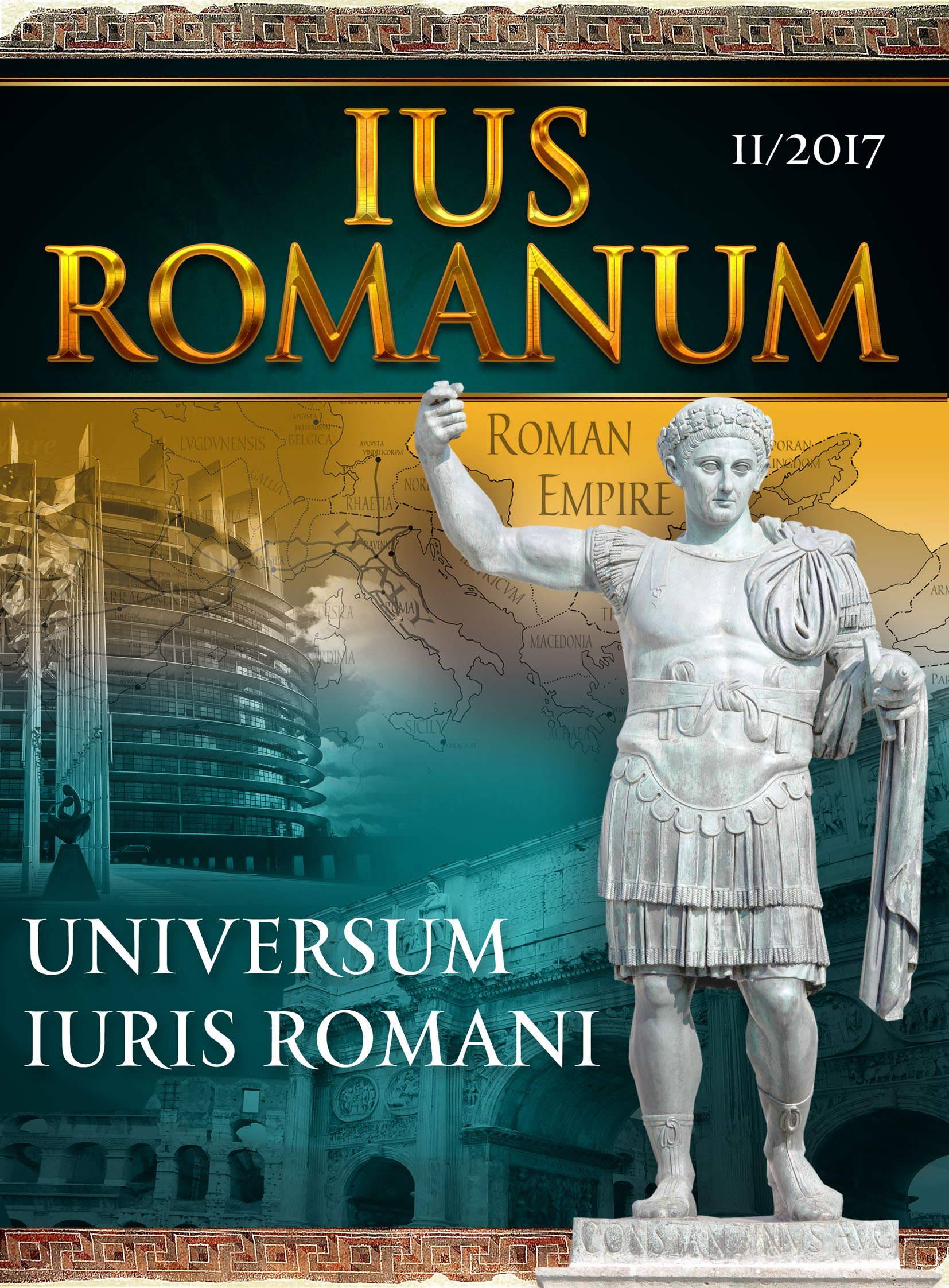WIDOW ENJOYMENT IN ROMAN LAW AND IN STATUTES OF EAST COAST OF JADRAN
WIDOW ENJOYMENT IN ROMAN LAW AND IN STATUTES OF EAST COAST OF JADRAN
Author(s): Marija Ignjatović, Željko BartulovićSubject(s): Law, Constitution, Jurisprudence, History of Law, Civil Law, EU-Legislation
Published by: Софийски университет »Св. Климент Охридски«
Keywords: widow; inheritance; Roman law; Middle Ages; Statues; Northern Adriatic; Istria;
Summary/Abstract: The first part of the paper gives an overview of the position of women in different stages of the development of Roman law, considering their rights related to inheritance. Based on the overview, it can be concluded that the position wives and widows had considering property rights was poor in Roman law. The reason for this lies in the fact that, almost through the whole Roman history, a woman is considered a foreigner in the family. On the other hand, the possibility of remarrying, after the death of her husband, posed a constant danger, as this could bring into question the fate of the family property. Second part of article analyses medieval sources related to belongings and status of widow. There is significant difference between solutions in statutes of eastern coast of The Adriatic Sea. The Venice law determines the status of widow as very weak. She has no right upon her husband's assets, or more precise – family property. It affects solutions in some statutes at northern part of The Adriatic Sea. Unlike this, in some parts of Istria, the statutes of widow is very good, and she has right upon assets acquired during the matrimony, and even part of belongings of husband as she had been member of his family. This solution is inaugurated by modern law in 20 th century.
Journal: IUS ROMANUM
- Issue Year: 2017
- Issue No: 2
- Page Range: 435-446
- Page Count: 12
- Language: English

